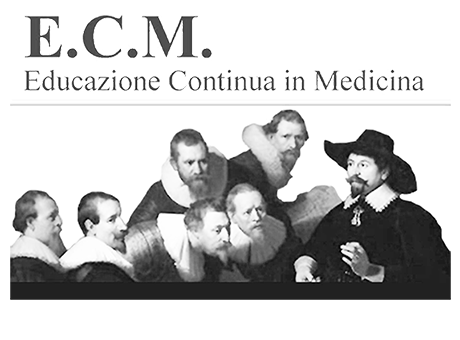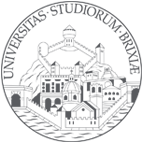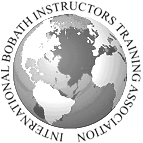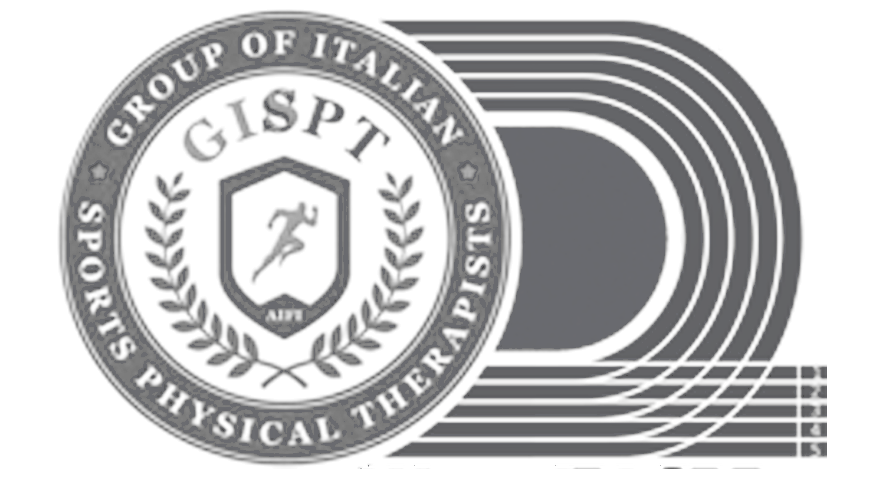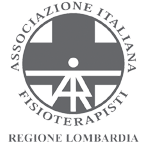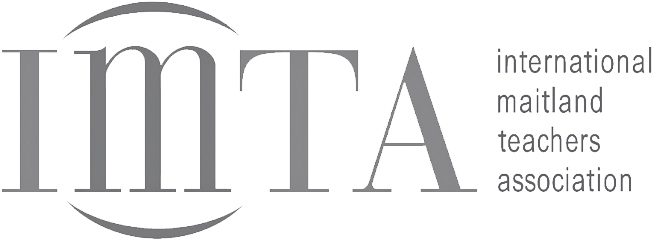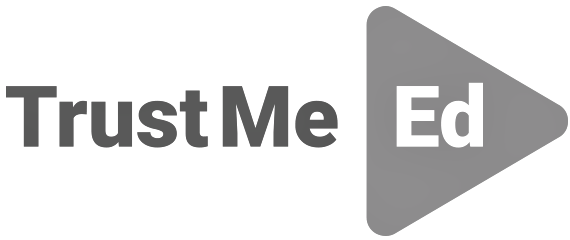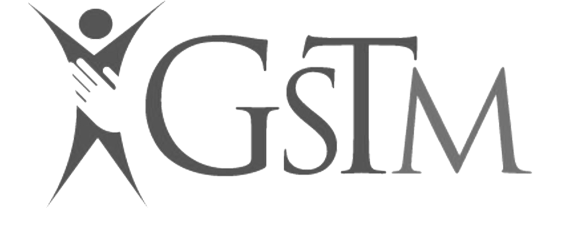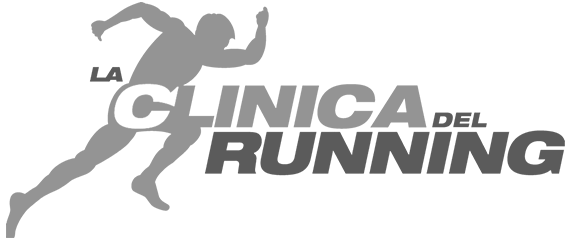November 25, 2022
EM231: Workshop - The shoulder in hemiplegia: clinical framework and rehabilitation treatment, prevention and management of complications
-
Mary Lynch ElleringtonPt, FCSP, IBITA Senior Instructor
-
Alba MagriPt, IBITA Advanced Course Instructor
The Bobath concept is a problem-solving approach aimed at assessing and treating people with movement, postural control and function disorders caused by a central nervous system injury. This approach to the rehabilitation of adults with central neurological damage originates from the work of Berta and Karel Bobath and has evolved over the last 70 years. The rationale for its application is rooted in current neuroscientific knowledge relating to motor control, motor learning, neural and muscular plasticity and current biomechanical knowledge. The purpose of the course is to deepen the knowledge of the motor problems of the proximal part of the upper limb after stroke in order to support functional recovery and prevent secondary complications. We will also try to define the best rehabilitation intervention for the management of associated problems such as structured malalignment, biomechanical limitations and pain that often limit the functional use of the arm and hand more than the paresis itself.
Course objectives
- Discuss the neurophysiological basis of neural coupling of the lower and upper limbs for locomotion and transfer this knowledge into clinical practice
-
Know the recent literature to understand the functioning of Central Pattern Generators and discuss how peripheral afference and descending control affect their activation.
-
Discuss the coordination between the limbs in locomotion from a biomechanical point of view
-
Explain recent evidence in terms of postural control and gait by emphasizing how motor control changes during complex locomotor tasks
-
Deepen the neural mechanisms of motor control of the lower and upper limbs in healthy subjects and recognize the pathological patterns after central injury
-
Support the comparison and discussion between participants and teachers and train clinical reasoning
In collaboration with:
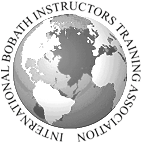
Intended for
Payments
- Deposit €305.00 within 7 days from the registration
- Balance €244.00 by date October 21, 2022
Calendar
language
Course Location: Brescia @Sala Formazione Edumed
SCHEDULE
First day
8.30-9.00 Registration of participants and course objectives
9.00-11.00 Lesson: "Neurophysiology and biomechanics of functional reaching"
11.00-11.15 Coffee break
11.15-12.45 Evaluation and treatment of patient A (stroke and problems affecting the S-O track) in collective session
12.45-13.00 Synthesis and discussion of clinical reasoning
13.00-14.00 Lunch
14.00-15.30 Practical Workshop 1 - Alignment and stability of the neck-head system as a prerequisite for selective movement of the shoulder blade-humeral girdle
15.30-15.45 Coffee break
16.00-17.45 Practical workshop 2 - Stability and mobility of the thoracic as a support base for the movements of the scapula
17.30-17.45 Summary of learning and conclusion of the day
Second day
9.00-11.00 Lesson: "Painful shoulder and glenohumeral subluxation in the patient with stroke"
11.00-11.15 Coffee break
11.15-12.45 Evaluation and treatment of patient A (stroke and problems affecting the S-O track) in collective session
12.45-13.00 Synthesis and discussion of clinical reasoning
13.00-14.00 Lunch
14.00-15.30 Practical laboratory 3 - Scapulo-thoracic instability as the main dysfunction for all functional limitations of the upper limb after stroke - Treatment proposals in different therapeutic settings
15.30-15.45 Coffee break
16.00-17.45 Practical workshop 4 - Causes of glenohumeral malalignment and coping strategies / treatment techniques
17.30-17.45 Summary of learning and conclusion of the day
Third day
9.00-10.30 Presentation of Case Reports using the MBCP (Model of Bobath Clinical Practice)
10.30-10.45 Coffee break
10.45-12.15 Evaluation and treatment of patient A (stroke and problems affecting the S-O track) in collective session
12.15-12.30 Synthesis and discussion of clinical reasoning
12.30-13.30 Lunch
13.30-15.00 Practical workshop 5 - Clinical framework and techniques to facilitate the painful shoulder
15.00-15.15 Coffee break
15.15-17.00 Practical workshop 6 - Supporting joint mobility and tissues around the shoulder girdle humeral in different therapeutic settings - What to propose and what not to do in the management of the paretic limb within 24 hours
17.00-17.30 ECM test and conclusion of the course
